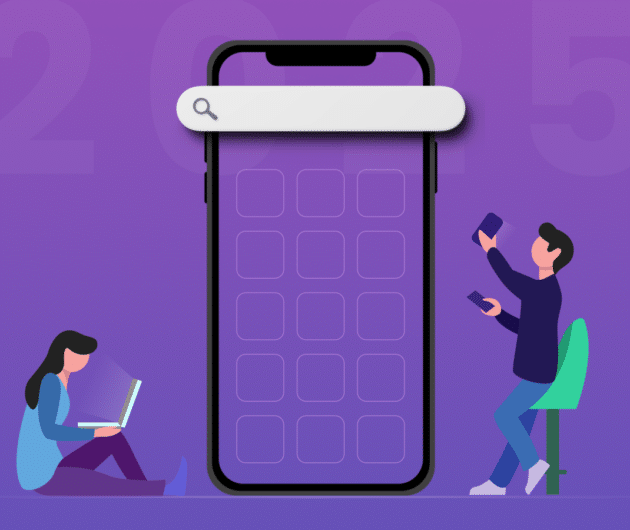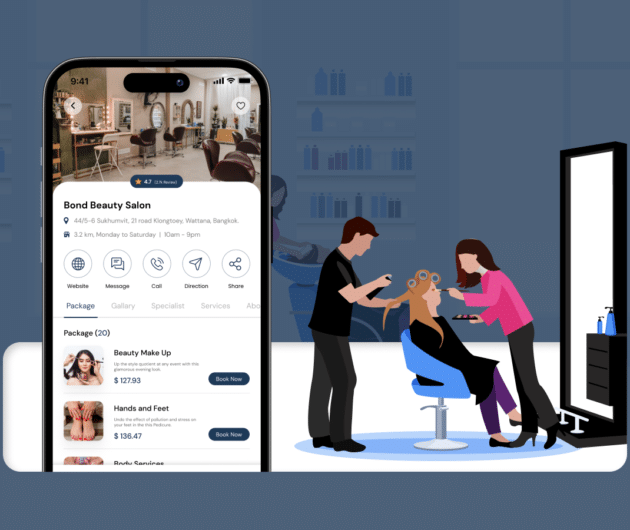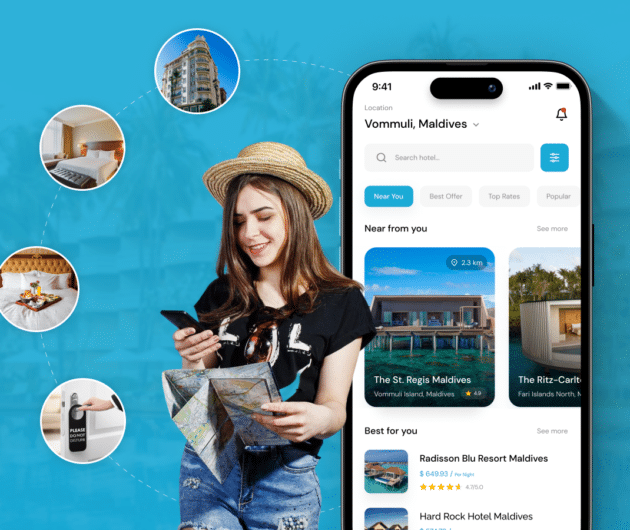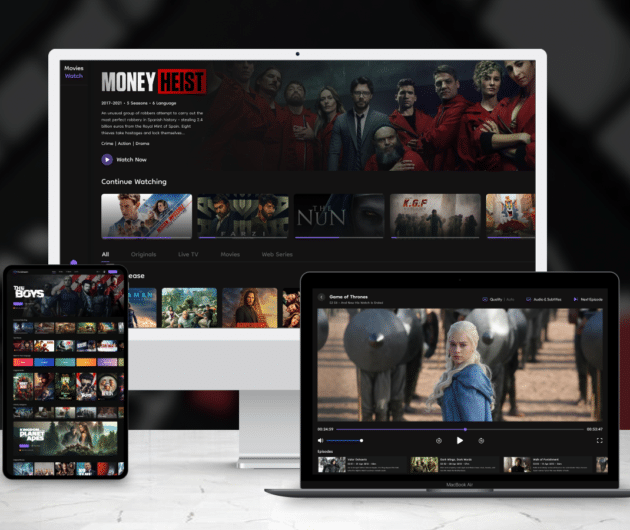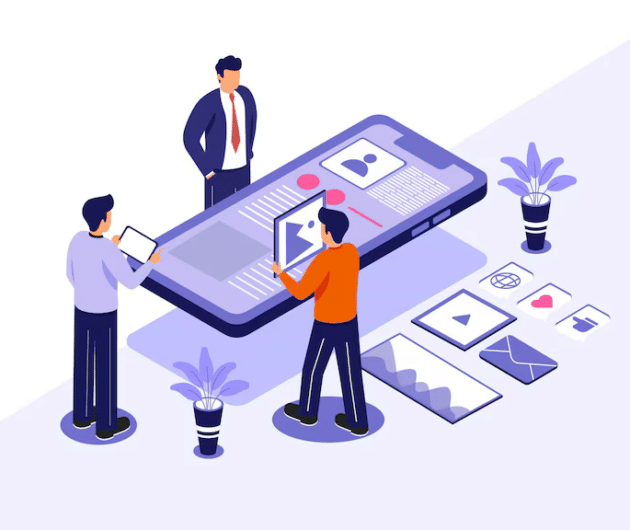A Guide to Creating a HIPAA Compliant Mobile App
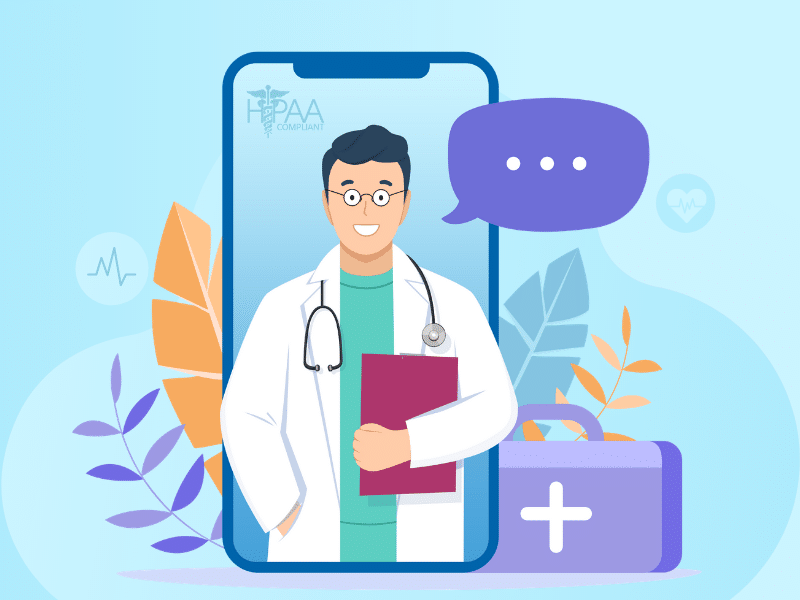
-
Ankit Patel
- January 05, 2021
- 6 min read
In an era where mobile technology has transformed the way we access and manage healthcare information, developing a mobile application that adheres to the stringent requirements of the Health Insurance Portability and Accountability Act (HIPAA) is paramount. As the healthcare industry embraces the digital revolution, the demand for secure and efficient mobile apps is ever-increasing. However, with the sensitive nature of patient data and the potential consequences of data breaches, achieving HIPAA compliance is not just an option, but a legal and ethical obligation.
The Health Insurance Portability and Accountability Act (HIPAA) is a set of regulations that govern the privacy and security of protected health information (PHI). PHI is any information that can be used to identify an individual, such as their name, date of birth, or medical history.
Mobile applications that store, transmit, or access PHI must be HIPAA compliant. This means that they must be designed and implemented in a way that protects the confidentiality, integrity, and availability of PHI.
The mobile app development industry is booming like no other industry is. Applications are increasing every minute and improving the quality of people’s life. The number of mHealth apps also increasing and this has led to an augment in the demand for HIPAA-compliant app development. Before we proceed, let’s learn what HIPAA compliance is all about.
What is HIPAA Act?
HIPAA stands for Health Insurance Portability and Accountability Act. Enforced in 1996, this act lays down the rules and regulations that must be followed while working on medical or health app development. It controls the management, storage, and sharing of U.S citizen’s Protected Health Information (PHI) electronically.
It aims to protect patient’s medical data, bring down healthcare expenses, and provide health insurance coverage to citizens who have lost or changed their jobs. Almost all companies building a HIPAA compliant mobile app are aware of these rules and regulations.
Why is HIPAA Compliance Vital For Mobile Applications?
There are a number of reasons why HIPAA compliance is important for mobile applications.
- First, HIPAA violations can result in significant financial penalties. The Office for Civil Rights (OCR), which enforces HIPAA, can impose fines of up to $50,000 per violation, per individual.
- Second, HIPAA violations can damage the reputation of the organization that owns or operates the mobile application. Patients may be reluctant to use an application that they do not trust to protect their PHI.
- Third, HIPAA violations can lead to legal liability. If a patient’s PHI is compromised as a result of a HIPAA violation, the organization may be sued.
What is the Privacy Rule in HIPAA?
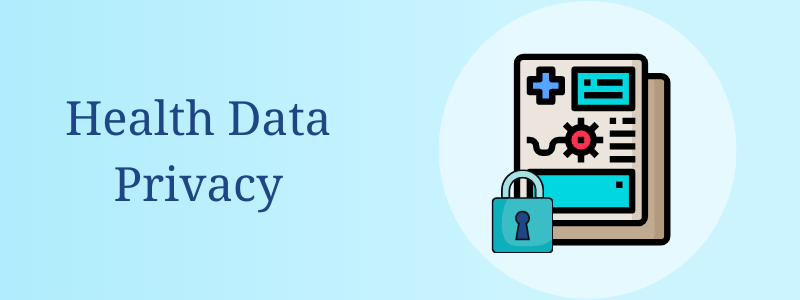
As per the HIPAA privacy rule, U.S citizens have the right to control how their health information is being used. Issued by the US Department of Health and Human Services, the rule restricts the use and disclosure of private health information by covered entities.
Under HIPAA compliance, only healthcare professionals have the right to share critical patient information with the patient’s consent. Under the PHI, stakeholders catering to healthcare operations are covered. This act guarantees the highest levels of privacy and confidentiality.
Let’s look at the various parties involved in this act or may have a role.
- Covered Entity: A covered entity may be
- a healthcare provider/ organization
- a health plan
- a healthcare clearing house that manages protected health information
- Identifiers: They include
- Patient names
- Prescription information
- Identification numbers
- And so on…
- Business Associate:
- Lawyers
- IT professionals
- Accountants
- Billing providers
- Email encryption services
- Anyone who works on behalf of a CE and handles PHI
If you are a company building a HIPAA compliant mobile app, then you are a business associate.
HIPAA is not only beneficial for patients but it also presents certain advantages for entities. It makes it easy for hospitals to store and maintain patients’ medical histories. As all the healthcare entities follow the same process to store and record patient-related information, the probability of errors and misinformation gets reduced.
How To Know if an App Needs to be HIPAA Compliant?
A number of entities looking for HIPAA compliant app development services are perplexed if their app needs to be HIPAA compliant or not.
Should my app be HIPAA Compliant? The Big Question answered
If the mobile app you are developing shares personal health information of the patients with doctors or any other covered entities, then it comes under PHI and your app needs to be HIPAA compliant. If the information is confined to the app, then your app need not be HIPAA compliant.
Simply put, if your app stores or transmits PHI on behalf of a covered entity then you are a business associate and your app needs to be HIPAA compliant.
The following image will give you a clear idea about the requirement of HIPAA compliance for your app.
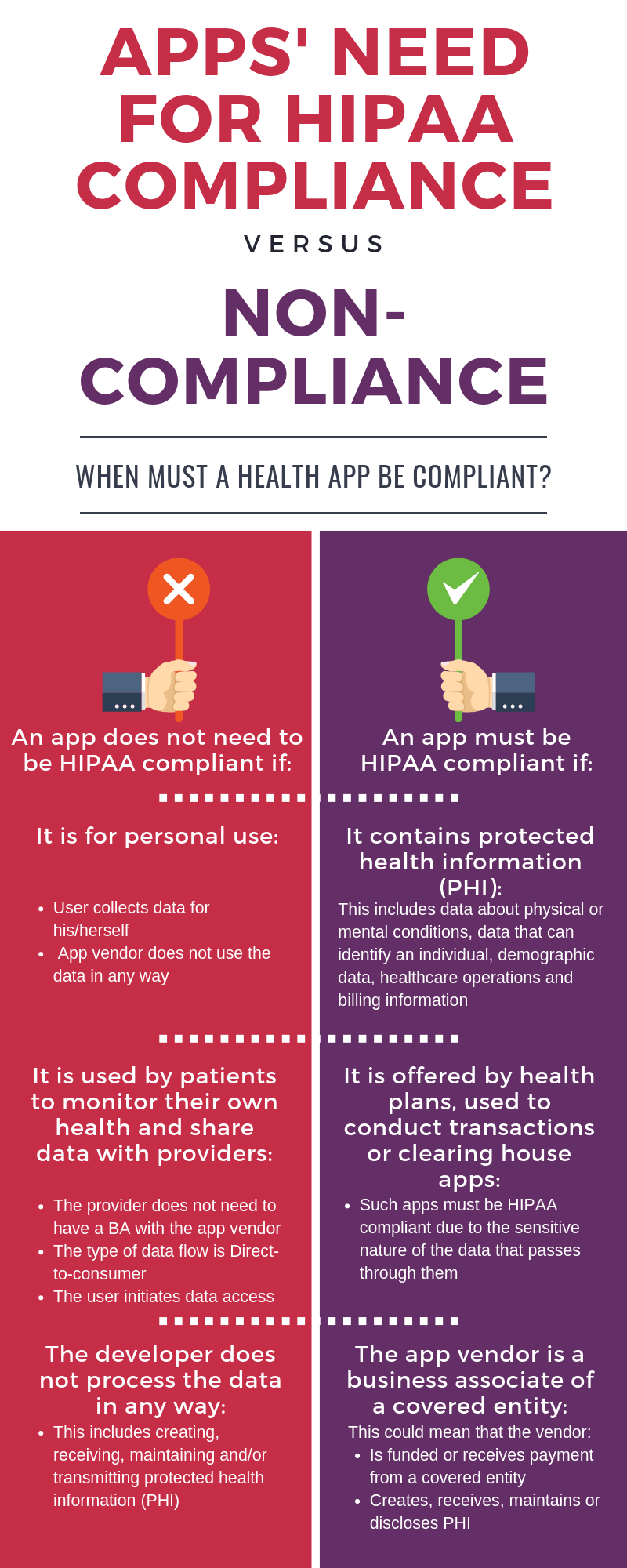
All images source: givainc.com
It is very important both for the entities and app developers, providing HIPAA compliant app development solutions, to check if the app needs HIPAA compliance before building such an app.
Can I Get a Certificate Stating That the App is HIPAA compliant?
Although there is no certification for HIPAA compliance for a mobile app, it is the onus of the organization creating the app to ensure that the healthcare app is completely HIPAA compliant.
HIPAA Compliance for Mobile App Developers
App developers building a HIPAA compliant mobile app should be wary about HIPAA guidelines while creating applications. The following requirements must be kept under consideration.
Knowledge: The first and foremost step to be taken before building a HIPAA compliant app is the mobile app developers involved in the process should possess complete knowledge about various aspects of HIPAA as well as the mobile app development process. Developing such an app is a complex process.
The app developer should have complete information about any aspect that comes under the purview of PHI. The US Department of Health and Human services states a total of 18 types of information under the PHI.
Hence, if the app works with any type of information, present in these 18 types, then the developer must proceed with offering HIPAA compliant app development.
Data Protection: The app developer has to ensure that the data transmission occurs in a secure way which leaves no room for data leakage. It is important to check the security of data transfer networks and backend support systems. Device integrations should also be checked upon. The app developer, building a HIPAA compliant mobile app, should take all the steps necessary for the protection of ePHI. The app must share only the required information across different platforms. The use and distribution of PHI must be restricted to the basic level.
App Access: Information Access Management is highly essential to ensure that the data is accessed only by the concerned person. It is not safe to let users log in using email. You should use other much secure ways such as Smart Key or card or Biometric identification for safe login. You can also apply features like fingerprint authentication or face scanning. Simultaneously, you must also ensure that the app is user-friendly.
Data Encryption: This involves the establishment of unique user identification. Here, it is important to consider emergency app access procedures and log out sequences. Consider using services like AWS or Google Cloud which implement Transport Layer Security 1.2. With this, you can ensure that the data is encrypted, thus safe, during transmission.
The app developer involved in building a HIPAA compliant mobile app should make sure that the device, on which the app is installed, receives no PHI data notifications. This is highly essential for protecting patient health information.
Data Disposal: It is important that data is purged at frequent intervals implying that too much data should not get accumulated at any stage. App developers, providing HIPAA compliant app development services, should take measures to archive and backup data which has expired. There should be processes laid out to dispose of unused data in a secure way.
How Much Does It Cost to Build a HIPAA Compliant App?
The cost of developing a HIPAA compliant mobile app can vary depending on a number of factors, including the complexity of the app, UI/UX design, advanced features you want to include, and the location of the development company. However, in general, you can expect to pay anywhere from $30,000 to $80,000 or more.
Given these variables, it’s challenging to provide an exact figure without knowing the specifics of the application. To get a more accurate estimate, consider discussing your project with a software development company like ours experienced in building HIPAA compliant applications. We can assess your requirements and provide you with a detailed cost breakdown based on your specific needs and objectives.
Wrapping up
In summary, developing a HIPAA compliant mobile application is a critical endeavor that requires strict adherence to security protocols and privacy regulations. By prioritizing the protection of patient data and staying up-to-date with HIPAA requirements, developers can build an innovative and trustworthy healthcare app that fosters confidence among healthcare providers and patients alike. Embracing the responsibility to safeguard sensitive information, these apps have the potential to revolutionize the healthcare industry, redefining the way medical services are accessed and delivered in the digital age.
You may also like
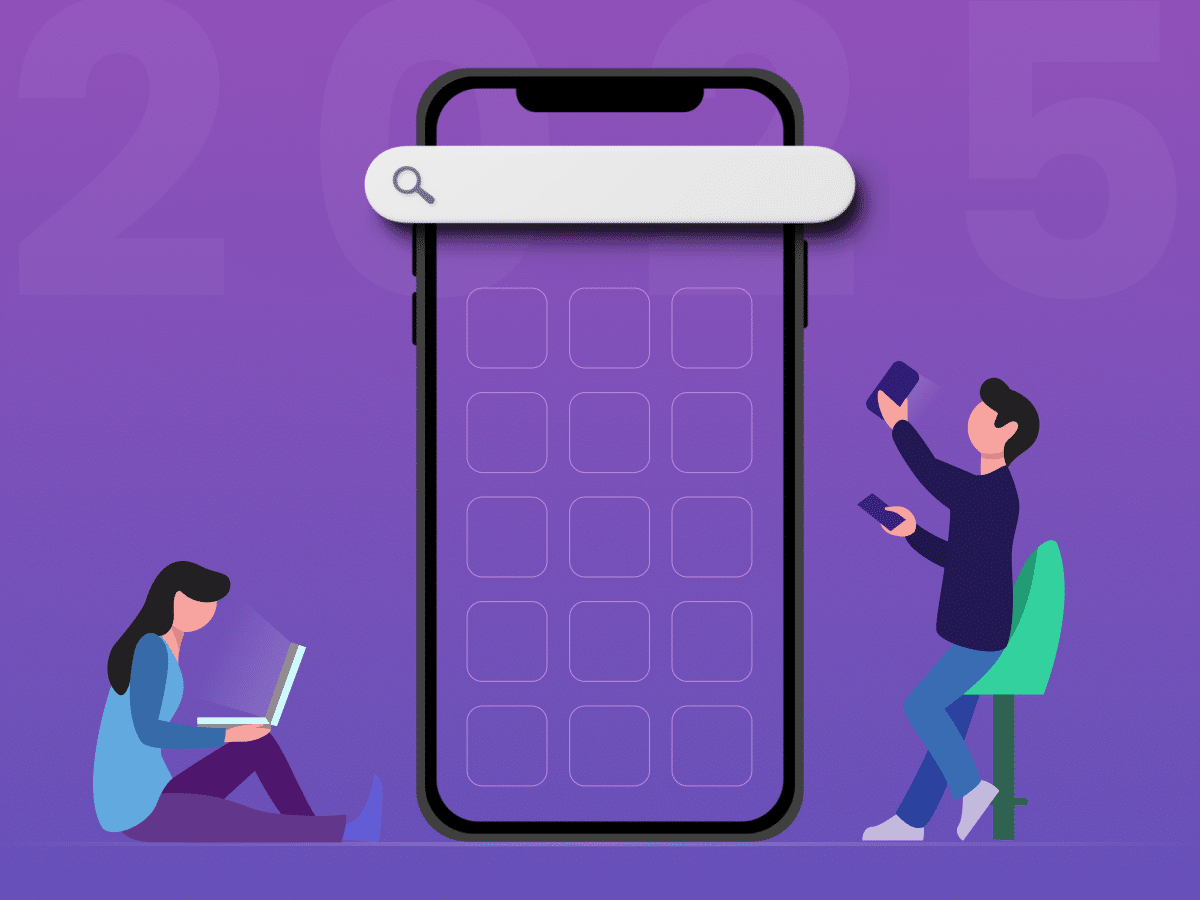
How to Choose the Right Mobile App Development Company
-
Ankit Patel
Imagine this: you’ve got a brilliant app idea that could revolutionize your business, take it to new heights, and transform your entire customer experience. But without the right team to… Read More
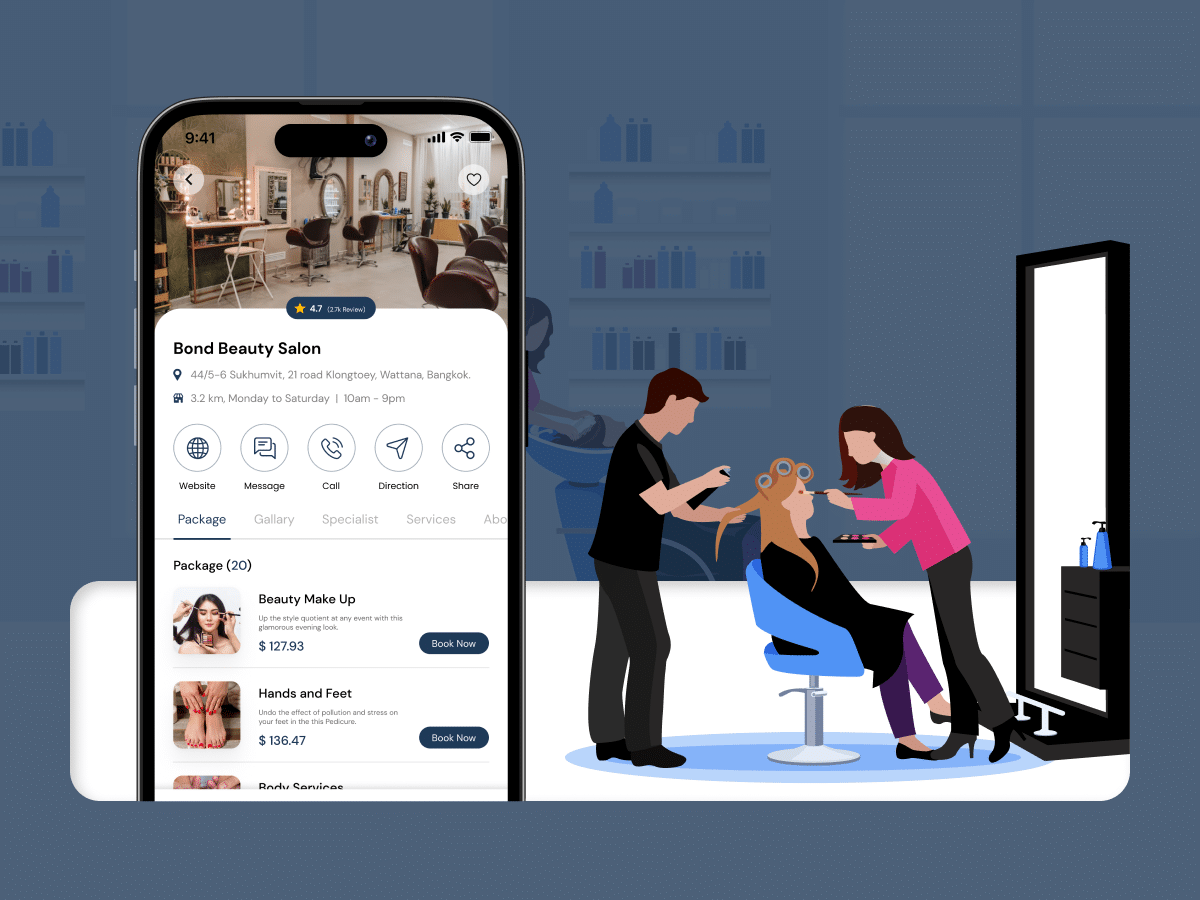
How Much Does it Cost to Build a Salon Booking App like Fresha?
-
Ankit Patel
We all have witnessed the buzz in the world of beauty & wellness, and it’s booming every day thanks to the fast-paced and stressful lifestyle. In an era where time… Read More
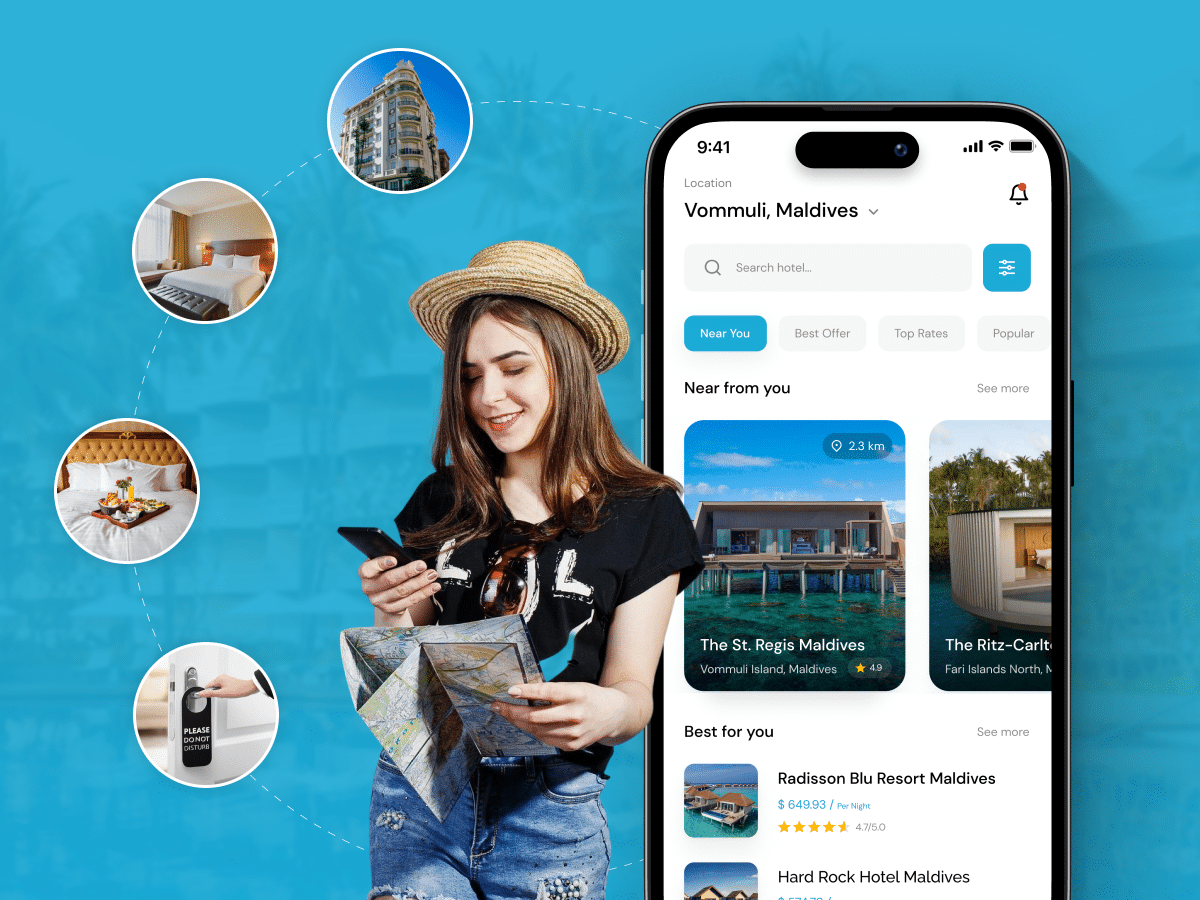
A Complete Guide to Hotel Booking App Development With Cost
-
Ankit Patel
Whether it’s a corporate business trip or a relaxing vacation with friends, finding the right hotel at the right time and a seamless hotel booking experience is not a luxury… Read More

